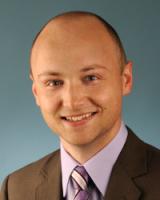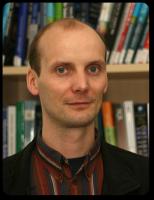Аннотация
The investigation of community structures in networks is an important issue
in many domains and disciplines. This problem is relevant for social tasks
(objective analysis of relationships on the web), biological inquiries
(functional studies in metabolic, cellular or protein networks) or
technological problems (optimization of large infrastructures). Several types
of algorithm exist for revealing the community structure in networks, but a
general and quantitative definition of community is still lacking, leading to
an intrinsic difficulty in the interpretation of the results of the algorithms
without any additional non-topological information. In this paper we face this
problem by introducing two quantitative definitions of community and by showing
how they are implemented in practice in the existing algorithms. In this way
the algorithms for the identification of the community structure become fully
self-contained. Furthermore, we propose a new local algorithm to detect
communities which outperforms the existing algorithms with respect to the
computational cost, keeping the same level of reliability. The new algorithm is
tested on artificial and real-world graphs. In particular we show the
application of the new algorithm to a network of scientific collaborations,
which, for its size, can not be attacked with the usual methods. This new class
of local algorithms could open the way to applications to large-scale
technological and biological applications.
Линки и ресурсы
тэги
сообщество
@fxk- тэги данного пользователя выделены















